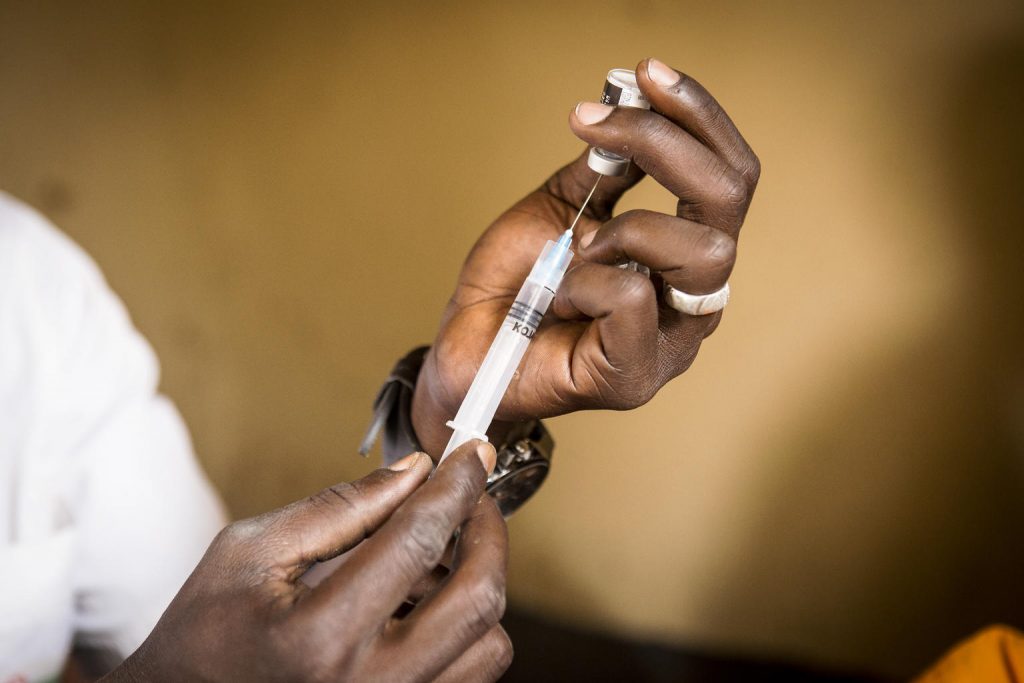The rapid review focuses on behavioural aspects of deployment, suggesting government should begin to tackle these challenges immediately to ensure effective vaccine coverage. It makes the following policy recommendations:
- Start an open, transparent dialogue over vaccine deployment with the general public to address uncertainties about efficacy and safety and provide clarity on the longer timescale of vaccination roll-out to build support and understanding.
- Make vaccinations convenient and build on existing immunisation programmes, such as ensuring they are available at weekends and evenings at GP surgeries and other appropriate sites, where GPs could identify those with comorbidities, log vaccinations or issue reminders. Centralised mass sites and roving teams are likely to be less effective.
- Implement a decentralised local vaccination programme, with tool kits to support local authorities in community engagement including tailored, appealing, visual and multi-language messages to reach diverse populations and mobilise local communities.
- Phased and ethical vaccine deployment, adopting transparent principles of priority groups and ensure these are sufficiently debated with the public to build understanding – starting with age- and comorbidity-based priority groups, health and care workers but also look beyond those groups to high-risk occupations (e.g. teachers, bus drivers, retail workers) and vulnerable groups in crowded situations (e.g. homeless, prisons).
- Counter misinformation and fill real knowledge voids by empowering the public to spot and report misinformation, ensuring accountability for media companies to remove harmful information, and punish those who spread misinformation.



